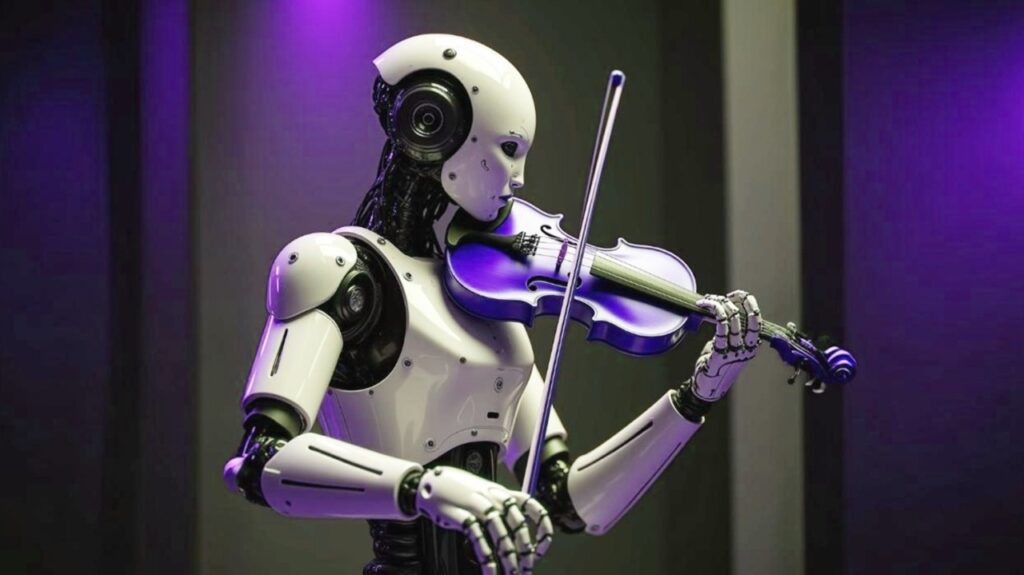Alright, let’s get real for a second—have you ever listened to a song and thought, “Wait, did a computer make this?” Because, same. Turns out, AI-generated music isn’t just real, it’s everywhere right now. And honestly? It’s kinda messing with how the music world works.
One of the big players actually doing something about it? Deezer. Yeah, the streaming platform. They’ve started rolling up their sleeves and digging into the mess—specifically around AI music and, well… streaming scams.
Fake Plays, Real Problems
So here’s what’s going down. You’ve got bots inflating play counts on AI-made tracks, which ends up making those songs look way more popular than they really are. It’s like… someone buying 10,000 claps for a bad joke. Kinda ruins the whole vibe.
And it’s not just annoying—it’s seriously unfair. Real artists—people actually writing and recording music—get bumped aside while synthetic tracks ride a wave of fake stats. If you ask me, it’s kinda gross.
Deezer’s Doing More Than Just Slapping Labels On Stuff
Now here’s where things get interesting. Deezer isn’t just tagging songs with “AI” like a name badge. They’re cleaning house. We’re talking about reorganizing playlists, tweaking algorithmic suggestions, even filtering out the garbage.
Basically, they’re saying, “Yeah, AI is part of the future—but we’re not letting it wreck the place.”
Royalties Are Getting Messy Too
You work on a song for months, it drops, and boom—you realize a chunk of your royalties went to some auto-generated track that barely makes sense lyrically. Feels like getting pickpocketed at your own show.
The Rolling Stone crew put out a report recently that claimed streaming fraud could be costing the industry billions. Billions. With a “B.” So it’s not some fringe issue—it’s a tidal wave. And it’s hitting everyone who actually makes music.
AI’s Fine—But Can We Please See Who’s Behind the Curtain?
Transparency’s the buzzword here. People aren’t saying “ban AI,” but we do need to know when a track was made by a human—or not. It’s like watching a live show, but the singer’s behind a curtain the whole time. Not a great vibe.
Deezer’s trying to bring that clarity, and honestly? Props to them for that. If other platforms follow, we might actually get a system that respects both innovation and the people making a living off their creativity.
The Legal Side Is… Complicated
Nobody really knows who owns what anymore. If an AI writes the melody, and some developer built the model, and another person hit “generate,” who gets paid?
Right now, labels and AI startups are trying to figure that out—fast. The laws weren’t written for this. And it shows.
In Short: Deezer’s Actually Doing the Work
Look, it’s easy to sit back and wait for someone else to fix things. But Deezer’s making moves—tagging AI tracks, chasing down fake streams, rebalancing how royalties are handled. They’re setting a bar. And other platforms might want to take notes.
The AI-music thing isn’t going away. But if the industry handles it right, there’s space for innovation and integrity.
Wanna go deeper?
Click here!. It’s a real eye-opener!


